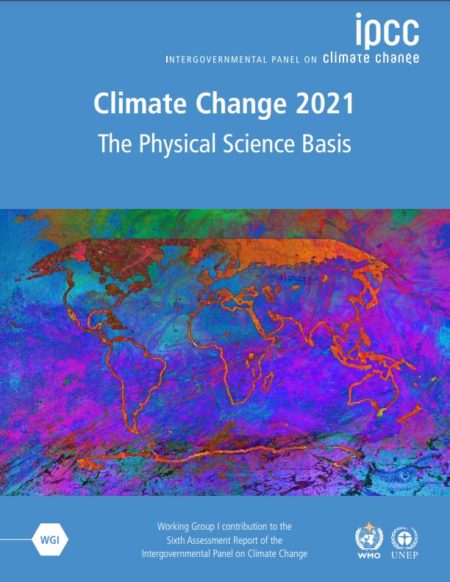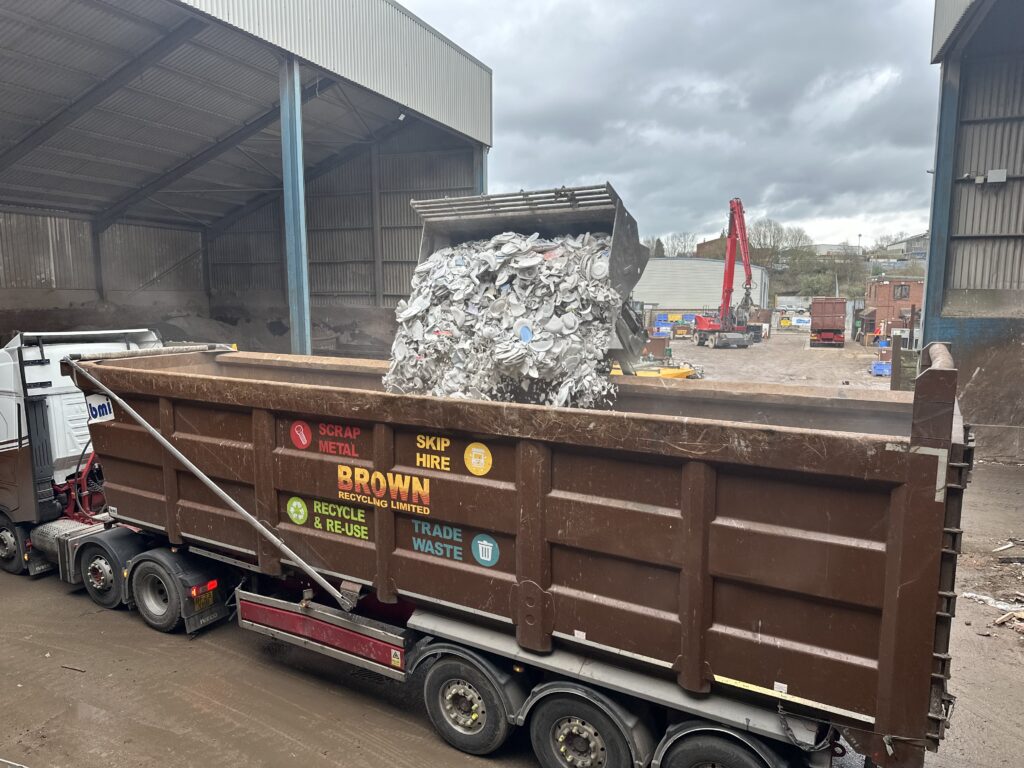
However, the report says that there has been “significant declines” in emissions from the landfill sector in Western Europe as well as from the US and Japan.
The IPCC study provided new estimates of the chances of crossing the global warming level of 1.5°C in the next decades. It found that unless there are “immediate, rapid and large-scale reductions in greenhouse gas emissions”, limiting warming to close to 1.5°C or even 2°C will be beyond reach.
It also warned of extreme heatwaves, droughts and flooding, and a temperature limits being broken.
Irreversible
In a statement accompanying its report, the IPCC says some of the changes already set in motion such as continued sea level rises are irreversible over hundreds to thousands of years.
However, strong and sustained reductions in emissions of carbon dioxide (CO2) and other greenhouse gases “would limit climate change”.
The report also says it is unequivocal that human influence has warmed the atmosphere, ocean and land. Widespread and rapid changes in the atmosphere, ocean, cryosphere and biosphere have occurred.
It adds that global surface temperature will continue to increase until at least the mid-century under all emissions scenarios considered. Global warming of 1.5°C and 2°C will be exceeded during the 21st century unless deep reductions in carbon dioxide and other greenhouse gas emissions occur in the coming decades.
Waste
From the waste industry perspective, the report said more action is needed to reduce the emissions from ‘waste management and landfill’.

It also warned that landfill emissions will increase with warming due to enhanced decomposition with higher temperatures.
While some improvements had been noted, Dr Adam Read, CIWM president 2021-22, said the Institution stands ready to help.
He said: “CIWM recognises the critical role of effective and sustainable waste management in helping to mitigate the climate emergency and welcomes the findings in the IPCC Sixth Assessment Report which reaffirm what we already knew: that urgent action is required to protect the future of our planet.
“As the pre-eminent membership organisation representing and supporting resources and waste managers both in the UK and overseas, our mission is to unite, equip and mobilise our professional community to deliver the science, strategies, businesses and policies required to create a sustainable future.”
“CIWM recognises the critical role of effective and sustainable waste management in helping to mitigate the climate emergency” – Dr Adam Read, CIWM president 2021-22
‘Urgent attention’
Philip Dunne MP, chair of the House of Commons Environmental Audit Committtee, said the report “strengthens the hand” of COP president Alok Sharma for pressing for updated pledges to reduce the UK’s contribution to climate change.
Mr Dunne said: “This assessment of the physical science behind climate change demands urgent attention from key policymakers. It demonstrates that we are on a trajectory to reach 1.5 degrees Celsius of warming, on average, by 2040, and points out the inevitable consequences if the man-made causes of warming are not immediately addressed.

“It indicates the need to reach an ambitious agreement at COP26 in Glasgow in November which will genuinely set us on the path to net zero by 2050.”
The committee chair continued: “Domestically, the report shows the likely regional effects of continued warming at the current rate and demonstrates the challenges of adaptation we are likely to face in the coming decade. The Prime Minister has inherited a favourable leadership position following years of successful decarbonisation by successive administrations. Before COP26 leaders convene in Glasgow, he must show them he has the necessary political courage, by driving the Government to adopt the strategies necessary to make his high-level climate promises a reality.”
Emissions
Resources charity WRAP said the report was a “shock” and outlined some of the steps it would like to see achieved.
On waste it said: “Tackling food waste, cutting calories and carbon at the same time, changing the carbon intensity of our diets, changing from goods to services, making better use of existing products, designing lightweight products, recycling more in the UK, and substituting materials can all make a contribution to Net Zero. Collaboration is also key. We must harness the power of partnerships, of working collaboratively to solve problems – across sectors, across beliefs, across borders. And we must make it easy to change for the better, because we know if we do then most people will make that change”.











Subscribe for free